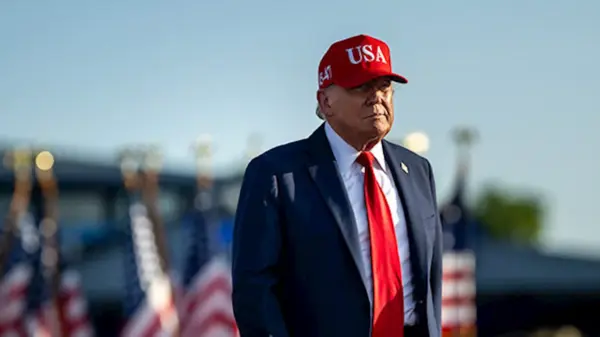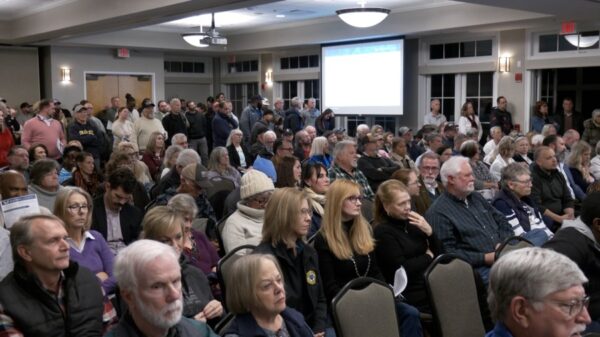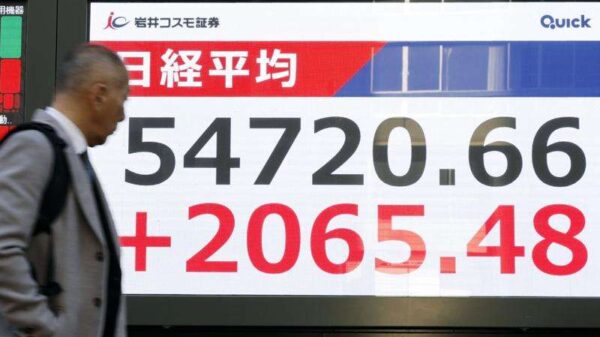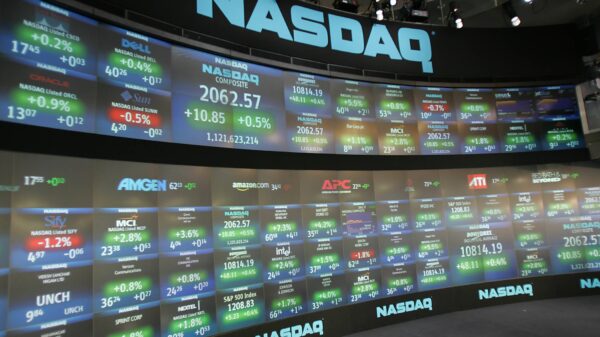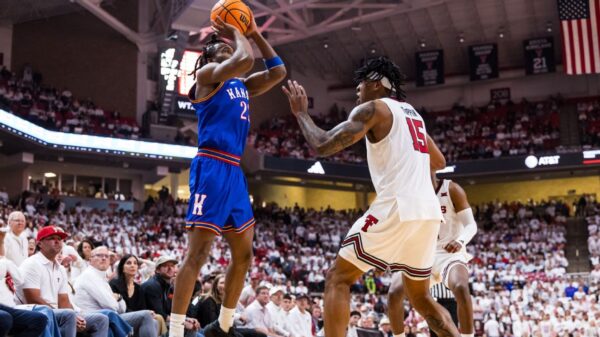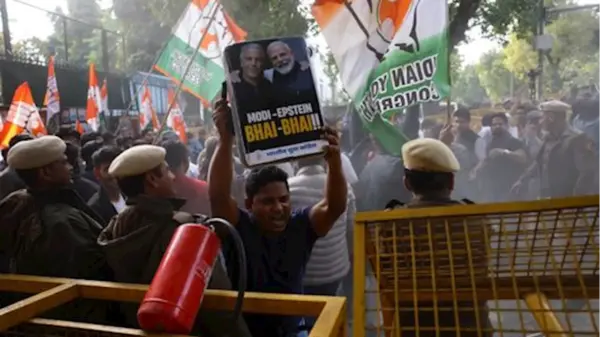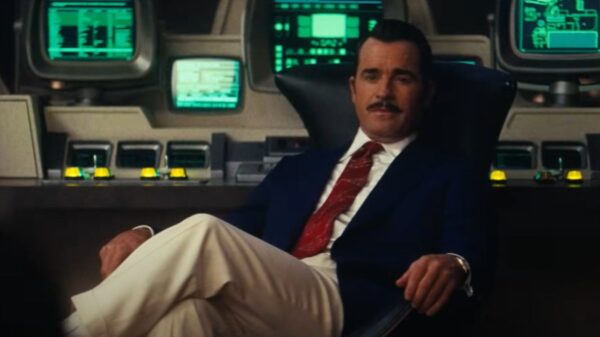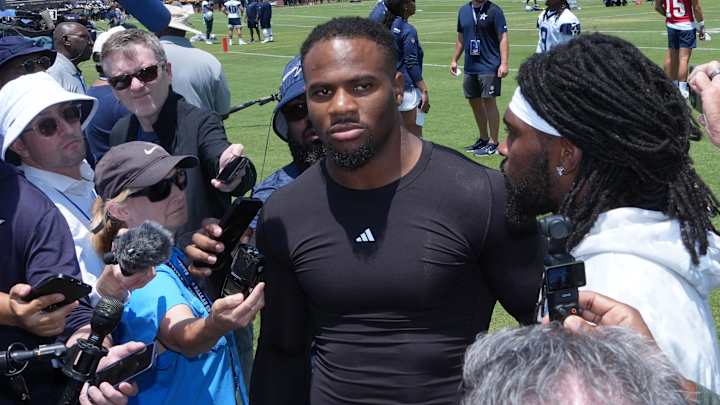Micah Parsons, the standout linebacker for the Dallas Cowboys, has officially requested a trade as contract negotiations with team owner Jerry Jones stall. This development, confirmed by The Athletic, highlights growing tensions between Parsons and the organization over his future and financial compensation.
Parsons made headlines on social media platform X, previously known as Twitter, where he expressed his desire for a trade. This bold move is significant, as it marks a shift in dynamics within the Cowboys’ locker room, where star players typically navigate contract disputes with less public confrontation. Parsons is attempting to assert his value at a time when the Cowboys have struggled to translate their star-studded roster into postseason success.
Contract Disputes and Historical Context
The situation surrounding Parsons is reminiscent of previous high-stakes negotiations involving the Cowboys. In 1993, running back Emmitt Smith held out for a new contract, and after the team suffered back-to-back losses, he became the highest-paid running back in NFL history. This history of negotiations suggests that while the process may be contentious, the Cowboys have a track record of eventually coming to terms with their star players.
Jones, who has been known for his unorthodox negotiating tactics, including attempting to engage players without agents, finds himself facing a unique challenge with Parsons. The linebacker is not just another player; he is a brand in his own right and is in line for a potentially market-breaking contract. Parsons has made it clear through his trade request that he seeks recognition for his contributions, particularly as he believes Dallas has neglected to address his contract situation proactively.
Parsons’ trade request comes at a time when the Cowboys’ management has faced criticism for their handling of player contracts and coaching decisions. Jones’ recent choice of a controversial coaching hire has only added to the dissatisfaction among fans, many of whom have voiced their frustrations about the team’s direction. CeeDee Lamb, a fellow player who has also faced delays in contract negotiations, echoed these sentiments in a social media post, urging management to “just pay the man what you owe him.”
The Future of the Cowboys
As the NFL season approaches, the Cowboys are at a crossroads. Parsons’ potential departure could signal a broader shift in how players assert their rights and negotiate contracts in the league. The linebacker’s strong platform may encourage other players to take similar stands, challenging the traditional dynamics of team management.
Despite the current turmoil, history suggests that Jones will ultimately make the necessary financial commitments to retain Parsons. The owner has historically struggled with public perception and has demonstrated an aversion to being disliked. This trait could lead him to expedite negotiations, not just for Parsons, but also to maintain a competitive edge in the league.
Ultimately, the outcome of this situation will not only impact Parsons and the Cowboys but could also reshape contract negotiations across the NFL. As players like Parsons assert their worth, the landscape of player-team relationships may evolve, encouraging increased transparency and fairness in negotiations.
In conclusion, while Parsons’ trade request introduces uncertainty, it also presents an opportunity for change within the Cowboys organization. As the season unfolds, all eyes will be on how Jones responds and whether he can navigate this complex situation to retain one of the league’s brightest stars.


